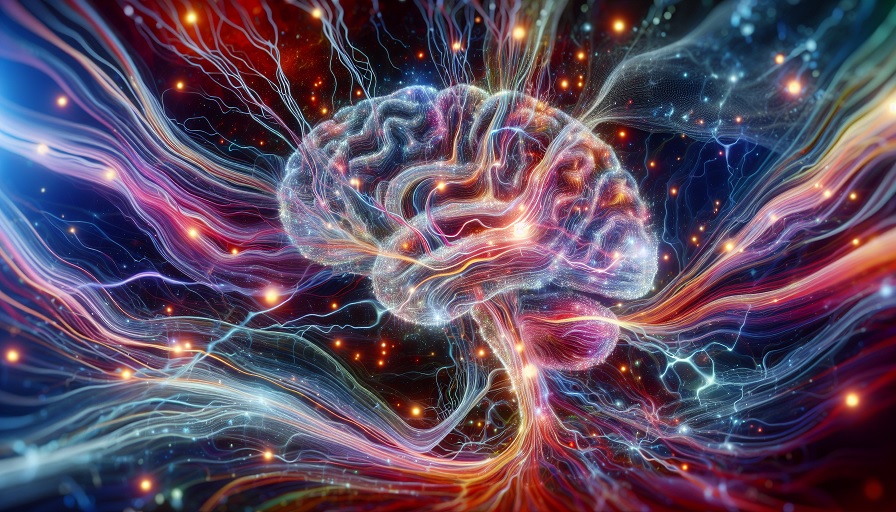
Yes, learning a new physical skill can rewire your brain by enhancing neuroplasticity, strengthening connections between sensory and motor regions, and improving memory, coordination, and mental flexibility.
Contents
The Brain-Body Connection
Physical skills – whether it’s dancing, playing a sport, or practicing martial arts – engage a wide range of brain systems. Unlike repetitive movements, novel motor tasks require deliberate attention, error correction, and coordination. This makes them powerful stimuli for brain remodeling.
Neuroplasticity – the brain’s ability to change and adapt – is driven in part by novelty and challenge. Learning new physical skills forces the brain to build or refine neural pathways, increasing efficiency and responsiveness across multiple domains: visual processing, proprioception (body awareness), spatial reasoning, and executive function.
Which Brain Areas Are Activated?
Learning new movement-based tasks activates several key brain regions:
- Cerebellum: Coordinates balance and precision, also involved in motor learning and attention regulation.
- Motor cortex: Directs voluntary movements and adapts based on repetition and refinement of new skills.
- Basal ganglia: Involved in habit formation and motor control, key for learning fluid movement patterns.
- Prefrontal cortex: Oversees planning, sequencing, and real-time decision-making.
- Hippocampus: Supports spatial memory and learning new sequences or environments.
These regions don’t just function in isolation – practicing new skills helps synchronize their activity, making the brain more integrated and resilient.
Research Highlights
- Dancing and Cognitive Aging: A 2017 study in Frontiers in Human Neuroscience showed that older adults who learned complex dance routines had greater increases in hippocampal volume compared to those doing repetitive aerobic exercise. This suggests that coordinated, mentally engaging movement has unique neuroprotective benefits.
- Juggling and Brain Growth: Research from the University of Oxford found that learning to juggle increased white matter integrity in the brain, especially in areas responsible for visual-motor coordination and memory.
- Martial Arts and Executive Function: Studies on disciplines like tai chi and karate have linked them to improved attention, working memory, and emotional regulation – likely due to the blend of cognitive challenge and mindful movement.
Why Novelty and Challenge Matter
It’s not just movement that matters – it’s learning movement. Repeating a routine you’ve already mastered doesn’t stimulate growth the way trying something new does. Novel tasks require:
- Increased sensory input (watching and listening carefully)
- Greater mental effort (concentration and strategy)
- Error monitoring and adjustment (trial and error learning)
These ingredients trigger brain adaptation. Over time, as the skill becomes easier, the brain shifts from high cognitive demand to automatic processing – evidence that the brain has formed new efficient pathways.
Cognitive and Emotional Benefits
1. Improved Working Memory
Sequencing physical actions (like in dance steps or martial arts patterns) requires the brain to hold and manipulate information – an excellent workout for working memory systems.
2. Better Focus and Attention
New skills demand mental presence. Practicing them regularly can enhance sustained attention and reduce susceptibility to distraction.
3. Stress Reduction
Physical engagement with learning often brings an emotional reward. Mastery builds confidence, and rhythmic movement helps regulate the nervous system, reducing anxiety and elevating mood.
4. Enhanced Problem Solving
Learning a skill that involves feedback, adaptation, and pattern recognition sharpens your ability to think flexibly and make strategic decisions under pressure.
Types of Skills That Rewire the Brain Most Effectively
- Dance: Combines rhythm, spatial awareness, memory, and coordination.
- Juggling: Trains hand-eye coordination, predictive timing, and sustained focus.
- Martial arts: Builds discipline, reaction time, and cognitive-emotional integration.
- New sports: Trying unfamiliar activities (like paddleboarding or fencing) stretches motor learning systems.
- Musical instrument movement: Learning piano or drums blends fine motor skills with auditory-motor synchronization.
Yes, learning a new physical skill can rewire your brain. Unlike repetitive exercise, novel movement activates a wide spectrum of neural systems that govern memory, attention, coordination, and planning. Whether you’re picking up juggling, dance, or martial arts, physical learning challenges your brain in a dynamic, integrated way – strengthening your body and mind at the same time. The more your movements evolve, the more your brain does too.

